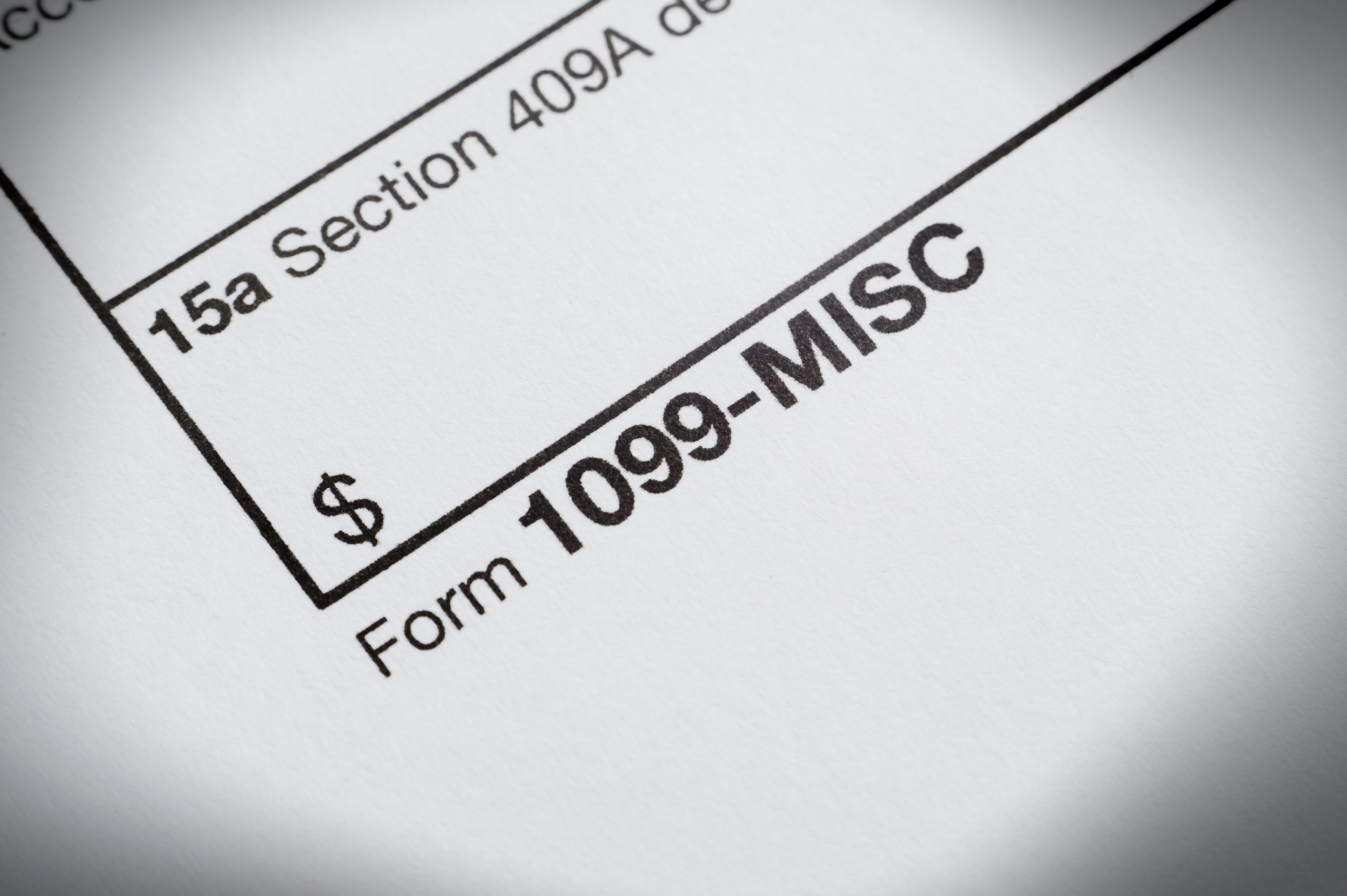Form 1099–MISC is used to report payments made to non-employee service providers. At the end of each year, you are required by the IRS to send a 1099-MISC to any vendor who provides you with a service and is paid more than $600 during the year.
Who gets them?
Anyone who performed a service for your business that was paid more than $600 total for the year. Remember – if someone is an employee, they don’t get a 1099-Misc.
Landlords paid for rents, attorneys paid for legal fees and anyone you paid royalties to are all eligible to receive a 1099-MISC from you.
A Few Exceptions
- Incorporated vendors – you are not required to send a 1099-MISC to corporations
- Vendors paid via credit card or PayPal (they receive a 1099K from the merchant service provider)
- Vendors who only sell you goods or products – the form is used to report payments made for services, not goods purchased
Why?
The filings are required by the IRS for all businesses and you can be penalized for not filing. Penalties range from $50-$100 per unfiled form, but they can pile and add up quickly. Here is the breakdown:
- $50 per 1099, if you file within 30 days of the due date; maximum penalty of $191,000
- $100 per 1099, if you file more than 30 days after the due date but by August 1; maximum penalty of $547,000
- $270 per 1099, if you file after August 1; maximum penalty of $1,091,500
When are they due?
All forms must be filed with the IRS by January 31st. They must also be mailed or emailed to recipients by the January 31st deadline.
Tips
All of the information needed to file a 1099-MISC is provided on a W-9 form. Make it a standard practice to request a W-9 from everyone you pay so you don’t have to chase people down at the end of the year.









